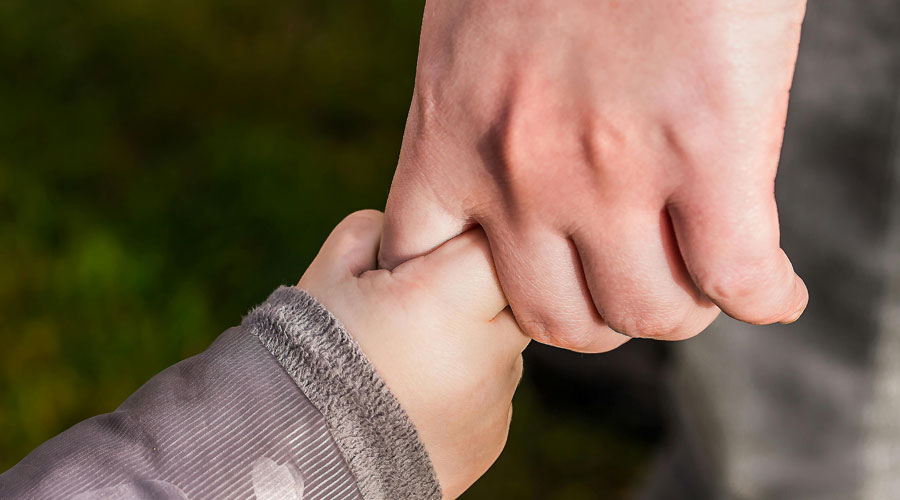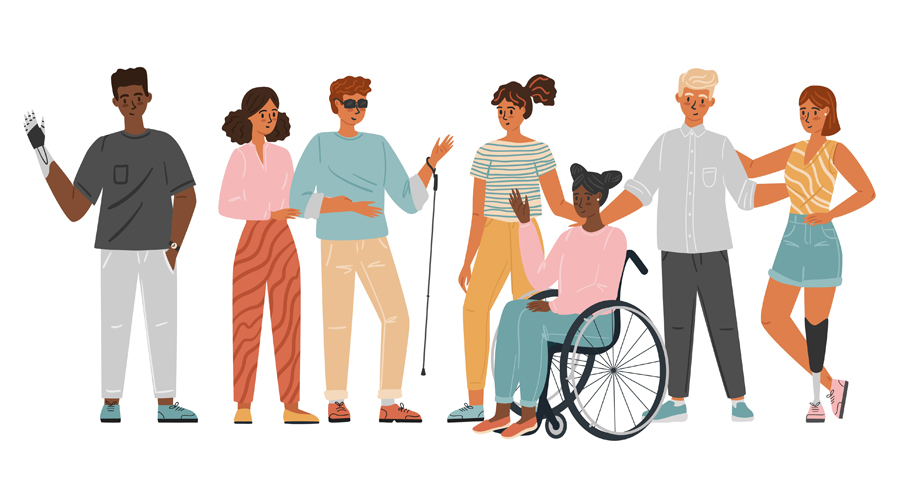The Intersection of Collective Trauma and Resilience
By Dr. Kate Truitt
Collective trauma refers to the emotional and psychological harm that is experienced by a group of people, rather than just an individual. This can happen as a result of a natural disaster, war, genocide, or other traumatic event that affects a community or society. The trauma can be passed down through generations and can have a lasting impact on the mental health and well-being of those affected.
Resilience, on the other hand, is the ability of individuals and communities to cope with and recover from traumatic events. It is the capacity to bounce back and adapt in the face of adversity. Resilience can be built and strengthened over time through various means such as self-care, social support, and accessing resources.
Collective trauma can have a significant impact on individuals and communities, leading to a range of mental health issues such as depression, anxiety, and post-traumatic stress disorder (PTSD). It can also lead to physical health problems, as well as social and economic issues. However, it is important to note that not everyone who experiences collective trauma will develop mental health issues, and some people may be more resilient than others.
Building resilience in the face of collective trauma is essential for both individuals and communities. This can be achieved through various means such as:
- Building resilience in the face of collective trauma is essential for both individuals and communities. This can be achieved through various means such as:
- Building social connections and a sense of community
- Building social connections and a sense of community
- Educating oneself and others about the impact of trauma and how to cope with it
- Engaging in activities that promote personal growth and self-discovery
It is also important for society to recognize and acknowledge the impact of collective trauma, and to provide support and resources for those affected. This can include providing access to mental health services, education and job training programs, and other forms of assistance.
In conclusion, collective trauma can have a profound and lasting impact on individuals and communities, but resilience can be built and strengthened to help cope and recover. It’s important to acknowledge the impact of trauma, provide support and resources for those affected, and educate ourselves and others about the ways to cope with it.















